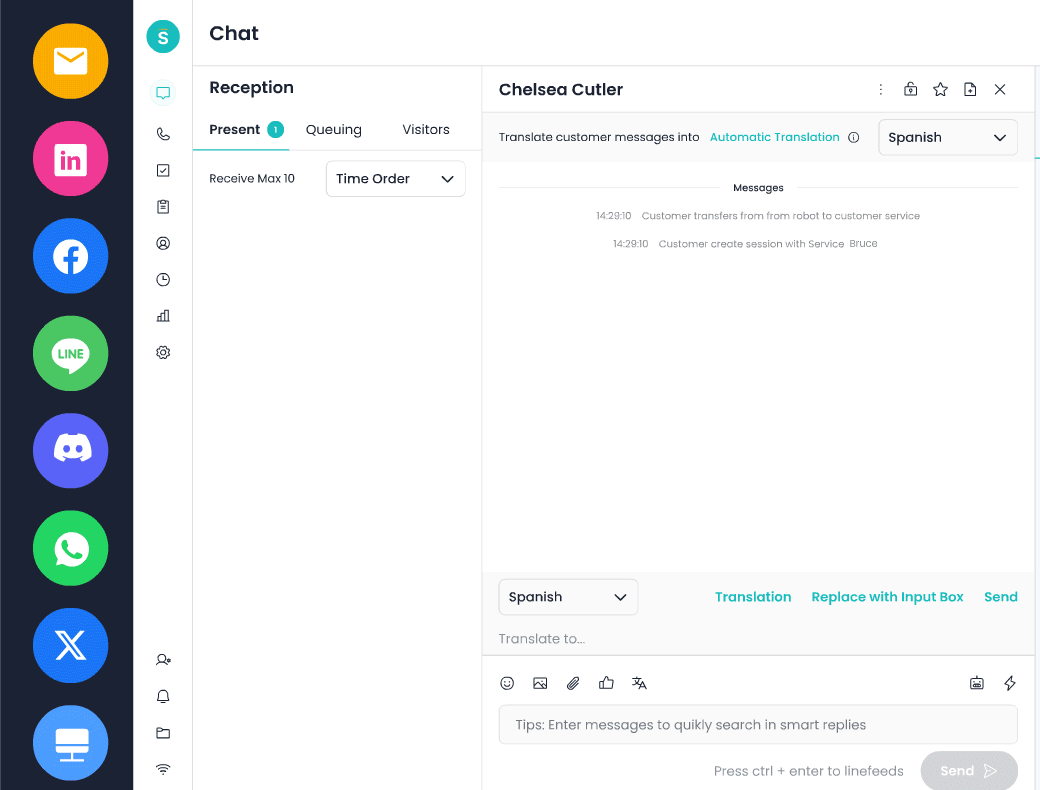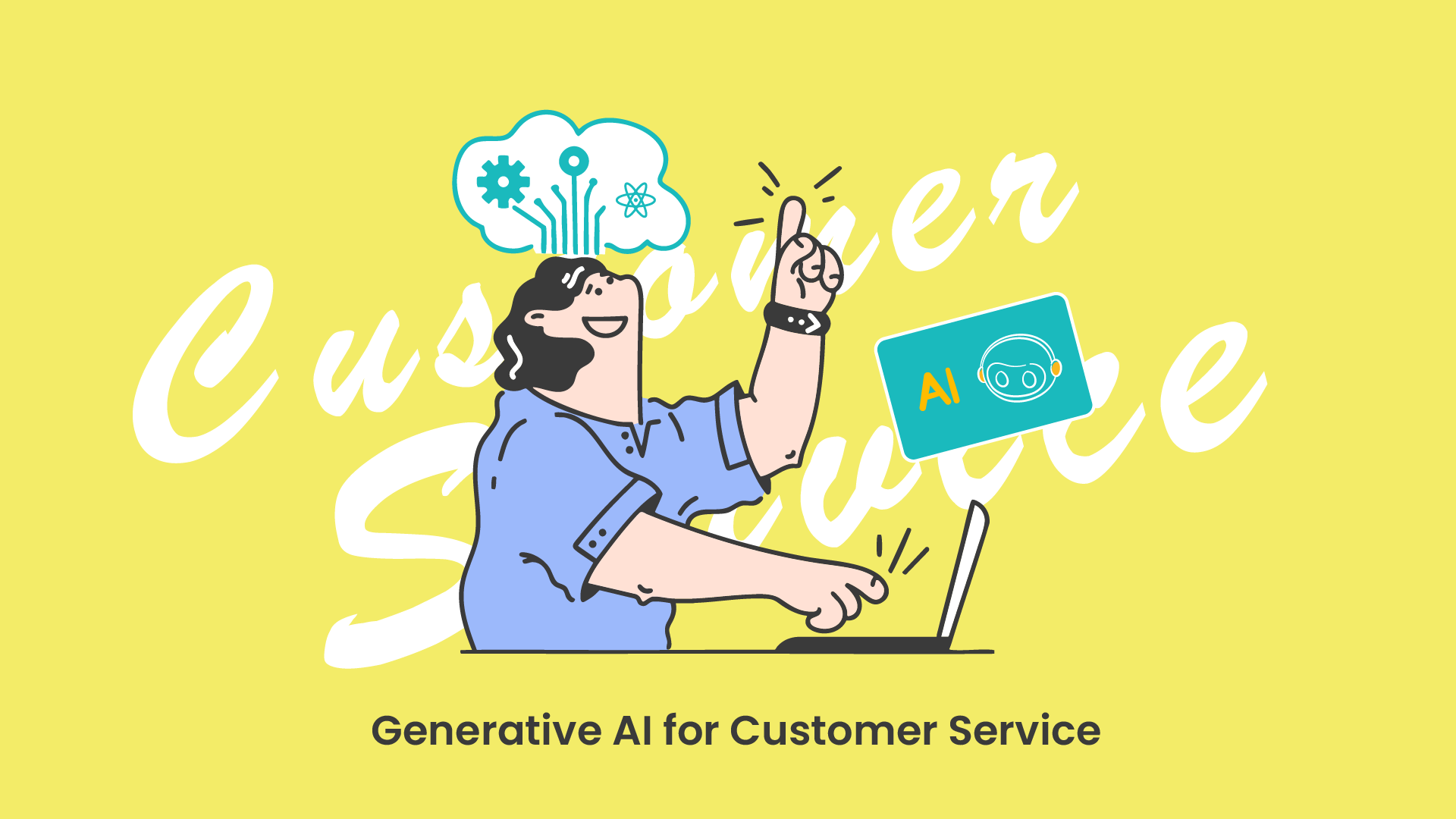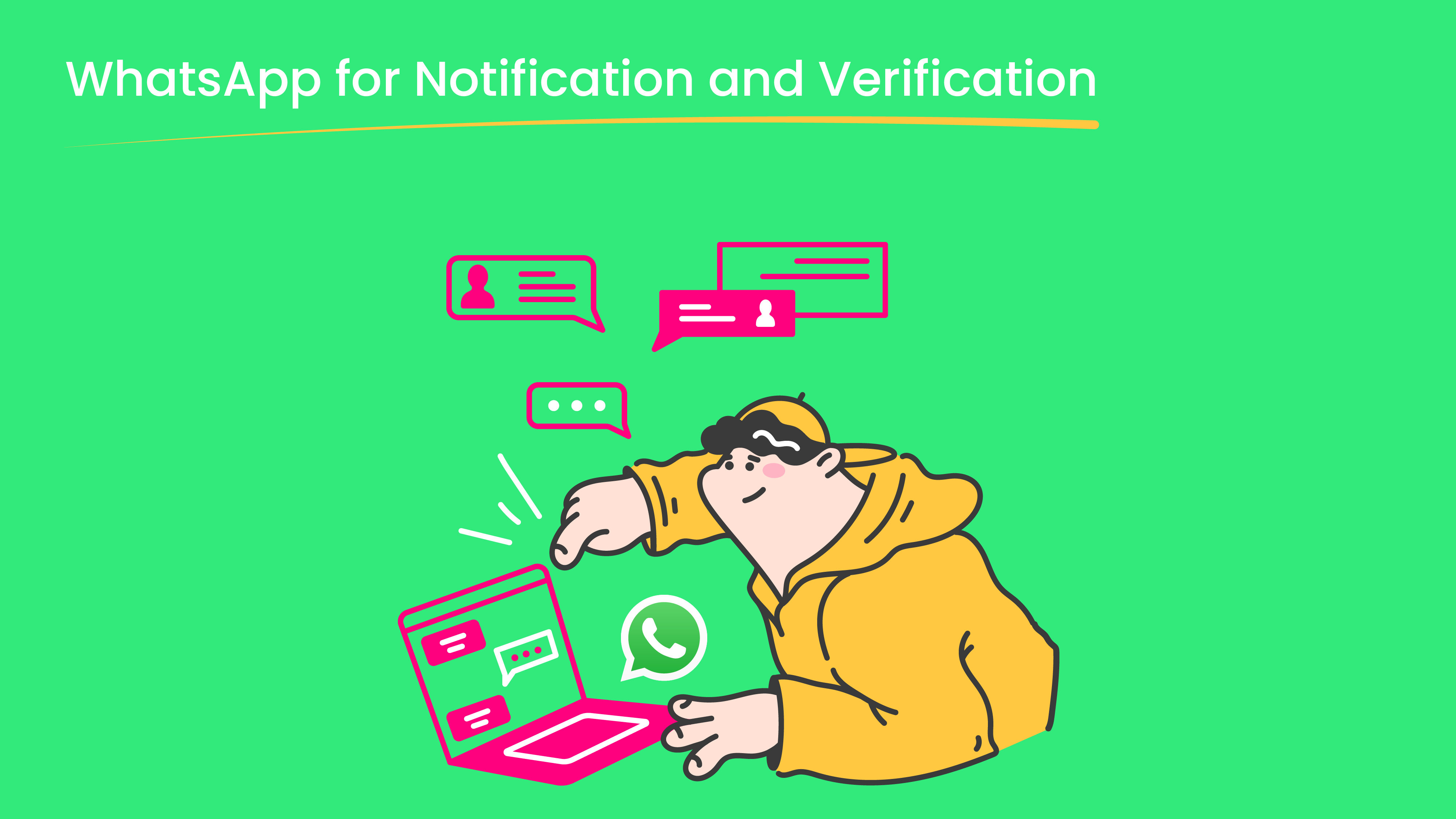Introduction
In the competitive gaming industry, providing exceptional player support is crucial for long-term success. Ticketing systems play a pivotal role in managing and resolving player issues, ensuring a smooth gaming experience.
Without efficient support, developers risk losing players, as 47% of mobile users delete apps that lack customer support. This highlights the importance of having a system in place to quickly address player concerns, from bugs and performance issues to account-related problems.
Sobot, with its customizable ticketing solutions, enhances the support experience for both players and developers.
By streamlining support processes and offering timely resolutions, ticketing systems like Sobot help improve player retention, minimize churn, and enhance overall satisfaction. As games become more complex, adopting advanced ticketing solutions is key to keeping players engaged and loyal.

Understanding Player Churn
Factors Contributing to Player Churn
Churn, or the rate at which players stop playing a game, is one of the biggest challenges faced by game developers. The reasons for player churn are varied, but they generally fall under three categories: boredom, frustration, and anxiety. Boredom may arise when a game fails to keep players engaged with new content, while frustration often stems from unaddressed bugs or imbalanced gameplay mechanics. Anxiety, on the other hand, may be tied to a competitive game environment or the fear of missing out on limited-time events.
One of the most immediate triggers for churn is technical performance issues, such as gameplay bugs or device compatibility problems. Players encountering an issue may choose to stop playing altogether if they don’t receive timely support. Thus, prioritizing ticket resolution for these cases is critical for retention.
Importance of the Golden Cohort
Among all players, a subset often referred to as the Golden Cohort holds particular significance. These are players who are not only highly engaged but also invest significantly in the game, either through frequent play sessions or in-game purchases. Retaining this cohort is vital to the financial success of many games, as they typically generate the majority of a game’s revenue.
Coincidentally, this group is also the most likely to submit support tickets. Whether it’s due to minor technical issues or in-game concerns, their willingness to engage with support makes them a crucial demographic. The speed and effectiveness with which a developer resolves their tickets can have a direct impact on whether these players remain loyal to the game. Delays in resolution could lead to player frustration, causing churn and resulting in a noticeable dip in revenue.
Ticketing System: Key Features and Benefits
Customer Portals
One of the primary benefits of modern ticketing systems is the customer portal, where players can submit support requests and track the status of their tickets. This self-service approach empowers players, offering them transparency and reducing their reliance on support staff. When a customer knows their issue is being addressed, it mitigates frustration and helps to build trust in the developer’s commitment to player satisfaction.
By providing players with a self-service option, customer portals can significantly reduce the workload on the support team. This frees up support staff to focus on more complex issues, while routine queries or bugs can be handled automatically or through available resources.
Automation
Automation plays a pivotal role in streamlining ticketing processes. By automatically assigning tickets to the appropriate support teams and prioritizing urgent issues, automation ensures that players receive faster responses. Automated escalation protocols further ensure that critical problems are addressed quickly, preventing minor issues from snowballing into bigger problems.
Moreover, automated ticket categorization based on issue type allows for efficient ticket management. This helps developers prioritize important issues such as game-breaking bugs or payment problems, ensuring they’re addressed first.
Application Integration
A key advantage of ticketing systems is their ability to integrate with other monitoring and game management software. This real-time connectivity enables developers to track ongoing issues more effectively. For instance, when a game experiences a server outage, the ticketing system can sync with monitoring tools to generate a high-priority ticket that alerts the support team immediately.
Centralized ticket management ensures that all information related to a player’s problem is stored in one place, making it easier for support teams to collaborate and resolve issues quickly.
Knowledge Base Integration
In addition to handling support tickets, ticketing systems can integrate with a knowledge base that provides players with immediate solutions to common issues. For example, if a player encounters a known bug, they can be directed to a page that explains a workaround or offers troubleshooting steps. This feature not only helps players resolve issues faster but also reduces the volume of tickets the support team must handle.
Internally, the knowledge base serves as a valuable resource for staff training. Support agents can refer to it when assisting players, ensuring they provide consistent and accurate information.
Data-Driven Insights from Ticketing System
Support Ticket Analysis
As games grow in popularity, the volume of support tickets can become overwhelming. Some tools can leverage natural language processing (NLP) and machine learning, offer an innovative solution by analyzing large volumes of tickets and extracting actionable insights. By identifying recurring issues, these tools help developers fix underlying problems in their games, thereby improving the experience for all players.
The platform allows developers to identify trends in support tickets, whether it’s a specific bug that needs immediate attention or a gameplay mechanic that players find frustrating. Addressing these issues quickly reduces the number of tickets submitted and improves overall gameplay.
Understanding Player Sentiment
Beyond technical problems, ticketing systems can also help developers gauge player sentiment. By analyzing the language used in support tickets and blending this data with player reviews, developers can get a comprehensive view of how players feel about their game. Understanding sentiment helps developers measure the success of updates and content releases, allowing them to pivot quickly if players are dissatisfied.

In today’s industry, 68% of game developers report integrating AI technologies into their projects, with many seeing improved gameplay experiences and more responsive support systems as a result.
Leveraging Technology in Ticketing System
AI and Automation in Support
As AI technology advances, its role in automating support functions is expanding. AI-powered chatbots can now handle simple inquiries, providing instant responses to players 24/7. These bots are capable of managing a wide range of queries, from troubleshooting steps to account-related issues, helping reduce the number of tickets that require human intervention.
Additionally, AI can assist in automating ticket categorization and prioritization, ensuring that support teams focus on critical issues first. This reduces the time it takes to resolve high-impact tickets, which in turn, improves player satisfaction. The gaming industry’s own AI segment is expected to grow at 23.3%, potentially reaching $7.1 million by 2032, highlighting the ongoing demand for advanced technology in the support sector.
The Future of Customer Service in Gaming
The future of ticketing systems in gaming is closely linked to emerging technologies such as virtual reality (VR), augmented reality (AR), and the Internet of Things (IoT). As games increasingly adopt these technologies, customer support systems must evolve to handle the new challenges they present.
For instance, VR games may require specialized troubleshooting to assist players in resolving hardware compatibility issues. Similarly, the integration of IoT in gaming could lead to more complex support cases, requiring a ticketing system that can handle these intricacies.
Reports proclaim a remarkable surge of $4.50 billion for AI in the gaming market by 2028, exhibiting a tremendous growth rate of 24.65%.
Sobot: Enhancing the Ticketing Experience
Overview of Sobot
Sobot is a highly customizable ticketing system designed specifically to meet the needs of game developers. Its user-friendly interface and powerful features make it a go-to solution for managing player support efficiently. Sobot offers a wide range of customization options, allowing developers to tailor the system to their specific requirements, from workflow automation to ticket routing.
Benefits of Using Sobot in Gaming
One of the key advantages of Sobot is it provides many APIs to realize seamless integration with existing tools and platforms of the games. This connectivity ensures that developers can centralize all player-related data in one place, making it easier to track issues and gather insights for future improvements.
Sobot also provides data analytics that allow developers to continuously monitor and improve player support. By analyzing ticket trends and player feedback, developers can proactively address emerging issues, leading to higher player satisfaction and better retention rates.
Conclusion
Ticketing systems are an indispensable tool in the gaming industry, offering a way for developers to manage player concerns, reduce churn, and enhance the overall gaming experience. By utilizing advanced features like automation, integration, and data analytics, game developers can deliver timely support, keep players engaged, and ensure the longevity of their games. As the use of AI in gaming grows, integrating these systems can lead to a 30% improvement in player retention, making it a critical investment for developers. As tools like Sobot continue to evolve, the future of player support looks increasingly promising. Investing in effective ticketing solutions is not just a necessity—it’s a competitive advantage in today’s gaming market.
(The information in the article is collected from public channels. If the data or pictures are infringing or inaccurate, please contact us to delete or modify it.)






